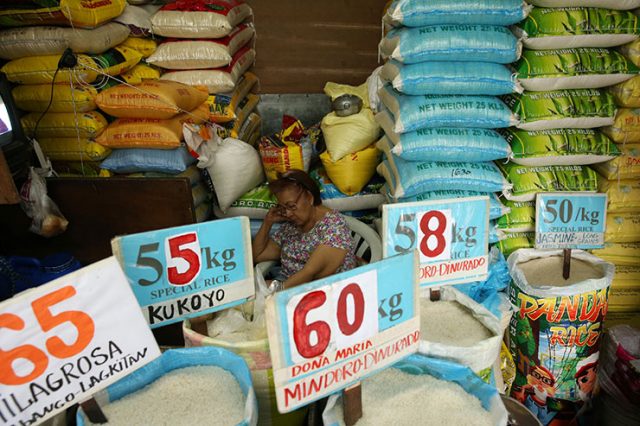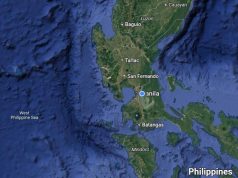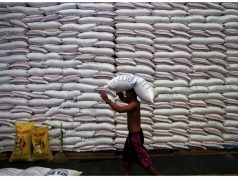
MANILA- The Philippines will import an additional 250,000 tons of rice via an open tender, the state grains procurement agency said on Wednesday, as the government rushes to boost domestic supply and curb rising retail prices of the staple grain.
The decision comes as the country’s annual inflation shot up to a faster-than-expected 6.4 percent in August, the highest in nearly a decade, due in part to price increases of key food items including rice.
Additional rice demand from the Philippines could give a boost to export prices of its key suppliers, Vietnam and Thailand, where traders have been waiting for new deals with one of their biggest customers.
The Philippines‘ additional purchases, which should arrive in November, are on top of the 133,500 tons to be delivered between Sept. 15 and Nov. 30 to beef up thin supply in the southern provinces, the National Food Authority (NFA) said.
Separately, the National Economic and Development Authority said in a statement that 5 million sacks of imported rice would arrive over the next 1-1/2 months and another 5 million sacks would be imported early next year.
Despite assurances from the NFA that local rice supply is sufficient, prices of the grain in the Southeast Asian country’s shops and markets have been steadily rising since the start of the year.
Prices began to climb when government-subsidised rice sold by the NFA became scarce, boosting demand for grains sold by private traders.
The price spikes prompted the NFA to rush the importation of a total of 500,000 tons earlier this year. That volume is on top of the maximum 805,200 tons the private sector is allowed to bring in under an annual quota scheme.
Some of the rice imports have yet to arrive.
The Philippines is gearing up to scrap the more than two-decade-old rice imports cap to limit the rising inflation and because of the possible threat of trade sanctions over the policy.
-Reporting by Enrico dela Cruz; Editing by Gopakumar Warrier and Christian Schmollinger









